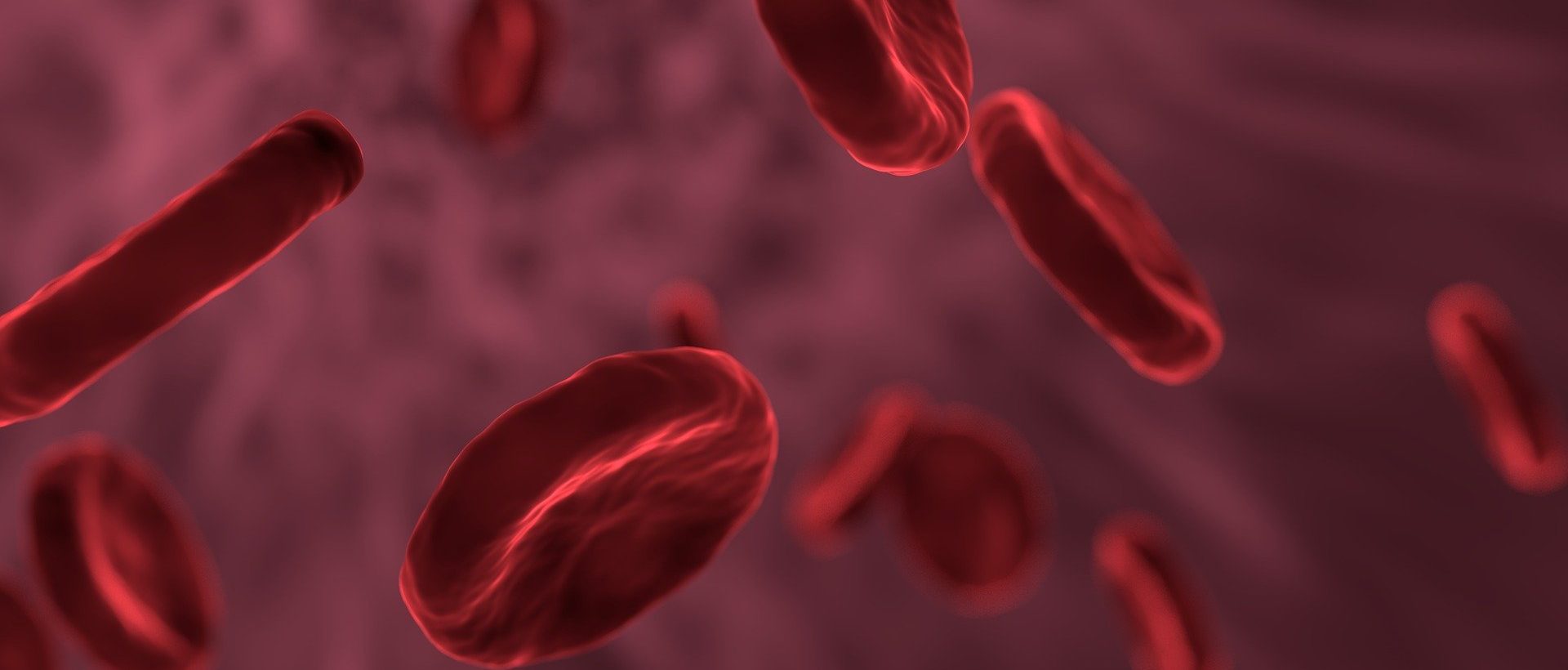The drawing of blood, otherwise known as phlebotomy, has been used for centuries and is still used to this day. When instructing a blood alcohol marker test in family law cases, there are two extraction methods testing laboratories can use; finger-prick and/or venepuncture blood extraction.
In this blog, we explain which method Lextox currently uses for alcohol analysis and why.
What is Venepuncture Blood Extraction?
A venepuncture test is when a small needle attached to a syringe is inserted into a vein, usually in the donor’s arm and is then used to draw out a sample of blood. The blood is cantered into blood vials specific to each test and is then sent for analysis.
Why does Lextox Use this Method?
At Lextox, our collectors currently adopt the venepuncture extraction method to obtain a blood sample for the following reasons:
- When done properly, venepuncture is no more painful than finger-prick testing.
- Venepuncture allows more options with regards to sample site collection, suitable veins for the extraction of blood can be found all over the body.
- Blood extracted using the venepuncture method have been known to yield more dependable results as the specimen comes directly from the circulation.
- The venepuncture method provides the reliability of obtaining samples of good quality without any volume concerns.
- Blood alcohol tests carbohydrate deficient transferrin (CDT) and liver function test (LFT) can only be performed using venepuncture, which also means that if a client requests phosphatidyethanol (PEth) testing alongside CDT and/or LFT, we only use one extraction method which saves time for both the client and donor.
Blood alcohol marker analysis should form part of the evidential picture when trying to assess an individual’s chronic alcohol use and at Lextox, we recommend that it is used in conjunction with other evidence, such as hair alcohol marker testing.
If you would like to learn more about blood alcohol marker testing or to arrange a blood alcohol marker test, you can contact us via 029 2048 4141 or email [email protected].
Published 30/09/20 – All information correct at time of publication





